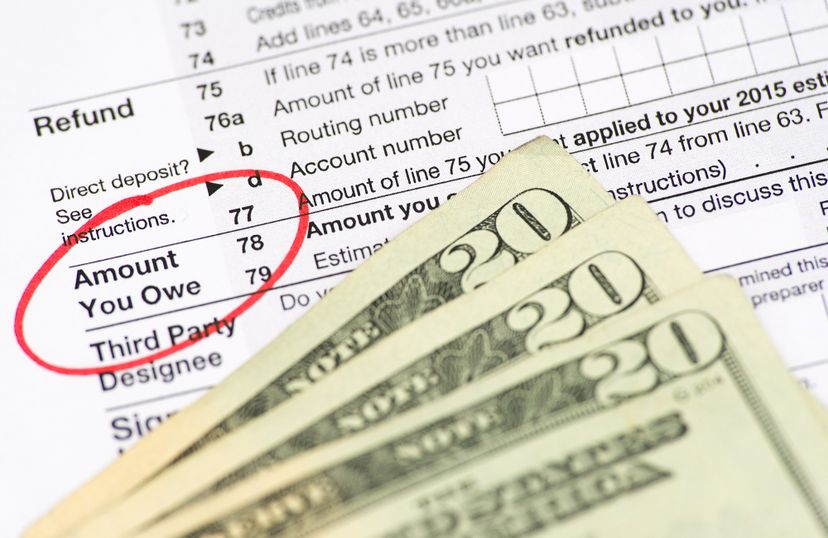
One of the main reasons was what they thought were unnecessarily unfair and high taxes.
The job of Congress is to enact the tax code. The IRS has the job of enforcing it.
The quote is attributed to Benjamin Franklin, one of America's founding fathers.
Advertisement
The IRS is the Internal Revenue Service, the tax collection body for the U.S. federal government.
According to the Articles of Confederation, the federal government could request taxes from states on a voluntary basis only.
Lincoln instituted the first U.S. income taxes in order to pay for the Civil War.
Advertisement
The name of the organization was the Bureau of Internal Revenue or BIR, for short.
The year was 1913. It was when the 16th Amendment was passed, which made tax collection legal.
Taxes were now used to care for the welfare of society's not-so-rich.
Advertisement
The congressional investigation into BIR's activities revealed a certain level of corruption within the organization.
BIR changed its name in that year to promote its new, more positive image: Internal Revenue Service.
The IRS Restructuring and Reform Act made a breakthrough for citizens' rights by stating that the burden of proof would now fall on the IRS (not on the citizen) in certain cases of dispute.
Advertisement
Some of the factors were a high staff turnover and favoritism on the part of the staff.
The IRS, estimated to be the largest federal bureaucracy, employs close to 120,000 people nationwide.
The position is usually for a total of five years, although the contract may be renewed.
Advertisement
The chief counsel has the job of advising the IRS on all legal matters.
The name of this nine-member body is the IRS Oversight Board. Oversight?
An audit is the means by which the IRS ensures that you paid whatever you owed. By extension, it also keeps most people fairly honest for fear that they'll be chosen for an audit.
Advertisement
The IRS has so many unpaid taxes to deal with that it has to outsource to private companies under a Private Debt Collection Program.